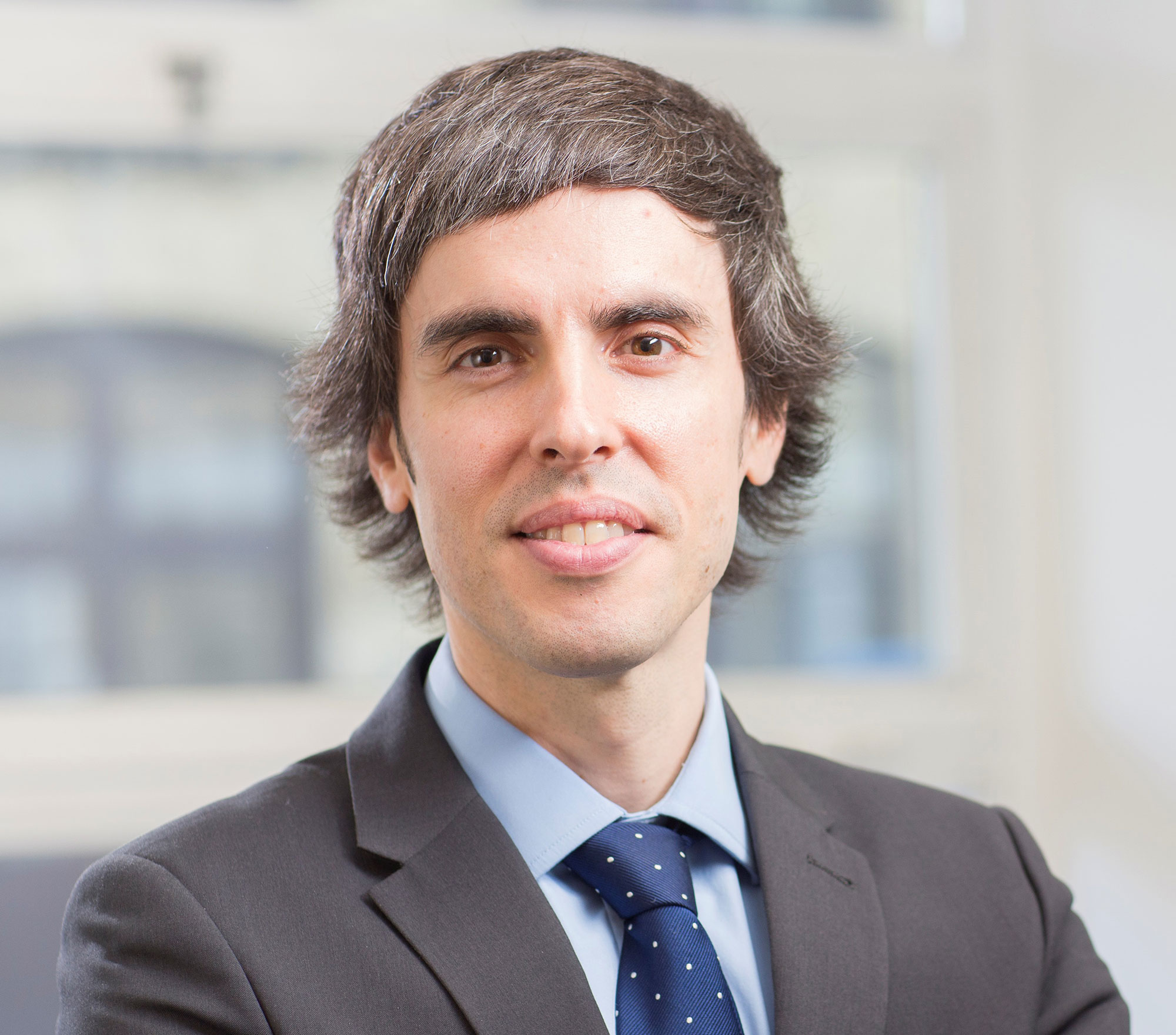Javier undertook an MBA at Kent Business School and graduated in 2011. Here he shares his experience with studying an MBA and how the course developed the transferable skills to make his a global player in sustainability strategy.
What was your dream job as a child, and what is your dream job now?
I wanted to travel the world to save the whales, the brown bear, tigers, elephants, and other iconic species, from extinction. After more than a decade working in corporate sustainability, I am in my dream job, helping businesses and other organisations to develop transformational approaches that are sustainable, and deliver results without compromising the future generations.
Why did you choose the Kent Business School?
I was drawn to KBS thanks to the quality and balance between teaching and research, the in-campus and off-campus student experience, and the proximity to a global city like London and thriving cities in continental Europe, like Brussels, Paris and Amsterdam, but in a quieter and beautiful location, and with close ties to the local community in the county of Kent.
Please share some of your favourite memories, achievements, and experiences?
I had worked in very multicultural environments before doing my MBA, but during the programme I met and worked with colleagues (and friends) of 15 different nationalities from four different continents, which gave me a completely different perspective of the world on all dimensions. It basically blew my mind. Like the time I realised while doing teamwork that in fact ‘teamwork’ meant different things depending on your cultural background, or that simple things like ‘critical thinking’ had many more angles than the ones we assume in Western Europe.
What have you been up to since graduating?
I have been trying to save the world through my work in sustainability, just as I dreamt of when I was a child! Or at least, I have been working with Global and Fortune 500 companies to develop and implement sustainability strategies that create ‘shared value’. I have been working both in-house and as an external advisor, and at both large multinationals such as Intertek plc, Apple and Dell-EMC, and civil society organisations such as the NCVO, as well as in consultancy with the likes of Salterbaxter and EcoAct (an Atos company), in business transformation for Net Zero decarbonisation, sustainable value chains management, corporate responsibility and sustainability strategy, stakeholder engagement, business and human rights, sustainable development and inclusive business models. I have also married and had children … but that is another story.
What does your role involve? What do you like about it the most, and what are the most challenging aspects?
I work with a wide range of stakeholders, within global and complex corporate structures, in corporate affairs in general, and in projects related to both the social and environmental dimensions of sustainability in particular, from the point of view of the capital providers and investors. This is what is more widely known as ESG (Environmental, Social and Governance) in the investment community.
The most challenging aspect is to manage trade-offs and competing interests and expectations between different stakeholders.
How do you apply the knowledge and skills you gained during your studies in your job, and what career advice would you give students and fellow alumni?
I apply it daily. My advice is to make the most of all the opportunities to further develop ‘soft skills’ and transferable skills, and fine tune your research and analytical skills, because it is what is going to give you the foundations for any role you work in the future and also, will give the confidence, skills, experience and competencies to define your own career path and build by yourself your ideal role.
What are your future plans / aspirations?
I still plan to save the world! Or at least, contribute my bit to a net zero world by 2030, at the same time inequality is reduced and ethical business practices are the norm. Ideally, I would like to find a way for my clients to grow more but ‘using’ less resources, in circular economy and responsible business models.
What advice would you give to current students doing your course?
Enjoy! Try to have a good time. Try to focus on whatever is more rewarding for each of you and if you are struggling with a particular subject, do not worry about it or get stuck, and do the bear minimum to get a good mark, so you can focus all your energies on whatever you find more exciting and rewarding.
And make the most of the cultural and social life that Kent offers you.
Can you share with us any feedback on how the programme could be improved?
I have been working as a non-executive advisor as part of the Kent MBA Advisory Board for a number of years and one thing I am very proud of is that sustainable business practices is now a priority of the MBA programme curricula.

